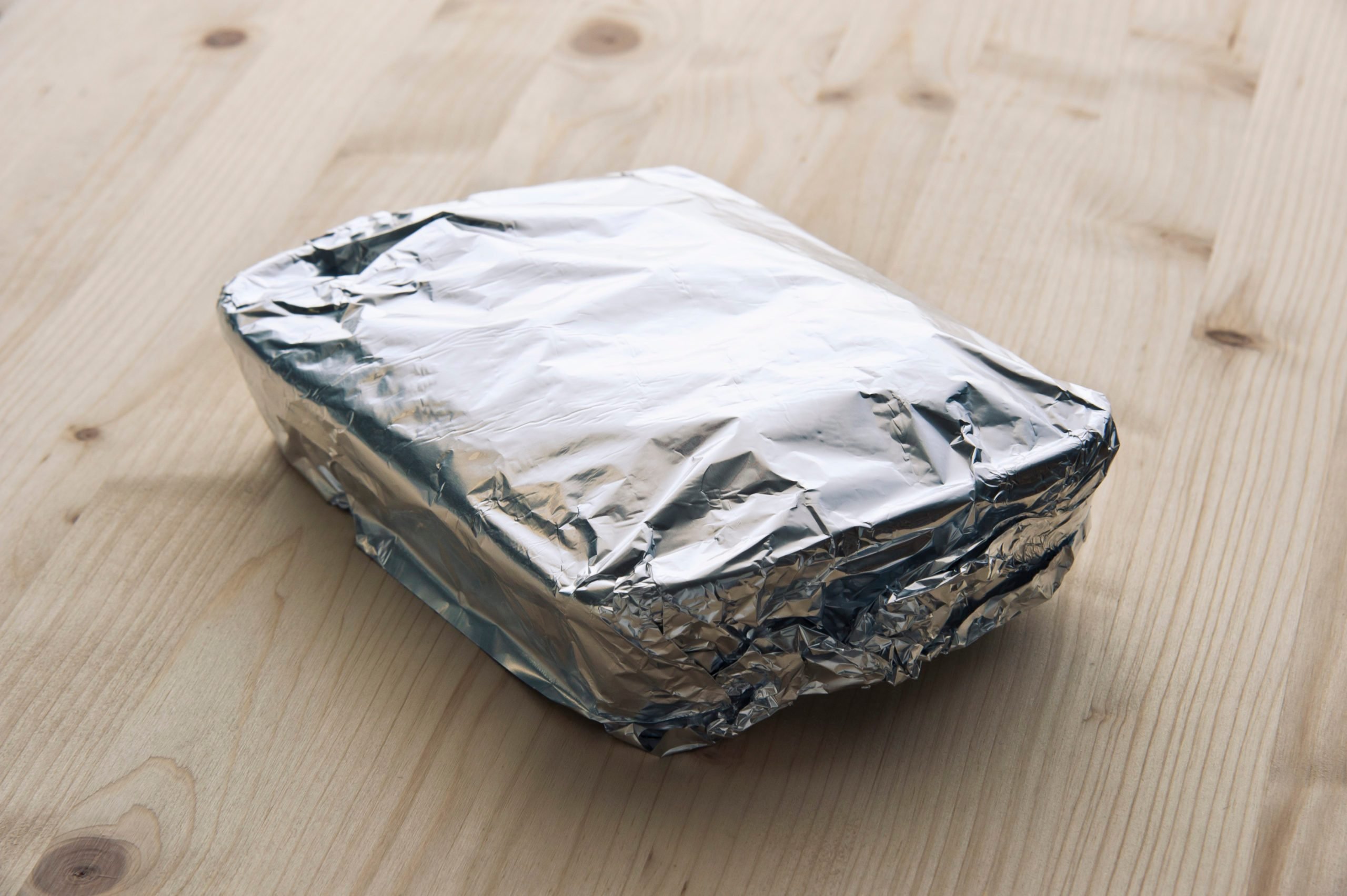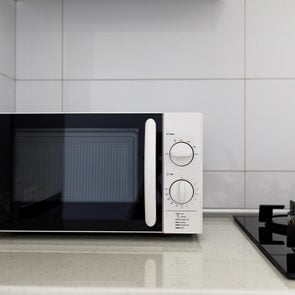Here’s Why You Should Never Wrap Your Leftovers in Foil
Updated: Jul. 29, 2022
Aluminum foil is for baking, not storing leftovers.
Refrigerated leftovers typically last up to four days if they are sealed and stored correctly.
For most people, covering a plate with foil and tossing it in the fridge is a quick, easy way to store food.
However, wrapping your food in a sheet of aluminum foil is also an easy way to put yourself at risk for health hazards.
Much like we need air to breathe, bacteria need air to thrive. Some bacteria like staph and Bacillus cereus, which cause foodborne illnesses, produce toxins that aren’t destroyed by high cooking temperatures.
When a hot meal is left out at room temperature for more than two hours, the bacteria can grow rapidly, according to the Washington State Department of Health. (Here’s what happens if you accidentally eat mold.)

Using aluminum foil to cover food can sometimes pose the same risk, since it doesn’t completely seal your food off from the air.
“When air is present, that allows the bacteria to grow faster, so you really want to get the right containers and pack things appropriately,” says Lindsay Malone, a registered dietitian at the Cleveland Clinic. “Otherwise, your food isn’t going to last.”
(In fact, aluminum foil is one of the common kitchen items that are potentially toxic.)
Malone’s golden rule for packing leftovers is to always seal them in shallow, airtight containers to speed up the cooling process and keep bacteria off of your food.
And make sure you put the food away in the fridge within two hours after eating, before bacteria has time to wreak havoc all over the home-cooked meal that you spent hours preparing and cooking.
Dairy and meat products are especially prone to bacteria growth, which reiterates just how important it is to use airtight containers for leftovers. Make sure to throw away any food that has been sitting out longer than a couple of hours.
(Here are 10 expired foods that are probably in your fridge.)
“If you have an abundance of food left over, the smartest thing to do would be to put a portion of it in the refrigerator, and then pack a portion of it in really nice in airtight containers, and put it into the freezer,” says Malone. “And then when you’re ready to eat it, take it out.”



















